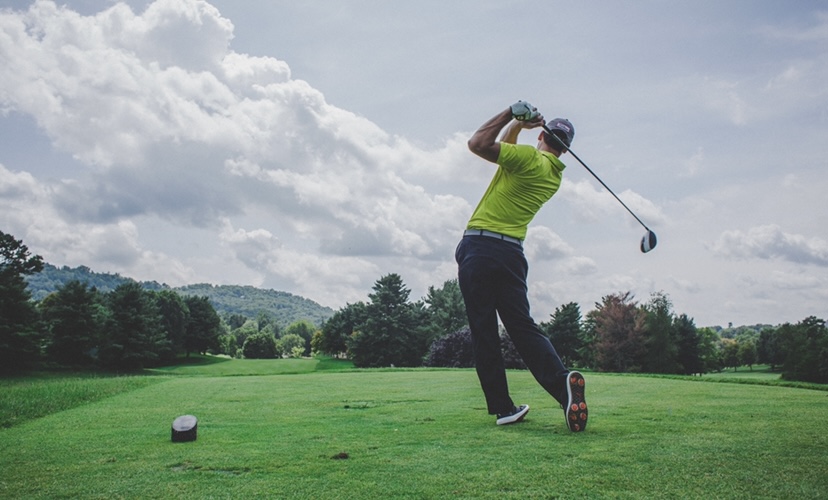A Q&A with PGA Professional Jason Boydston

AFM: What made you first want to become a golfer? How old were you when you first took up the sport?
Boydston: My first memories of the game were from my early teens and involve playing with my dad and grandfather at one of our local nine-hole tracks. I remember enjoying being outdoors and riding in the golf cart. The joy of hitting a solid drive down the fairway or an accurate shot into a green came soon after.
AFM: How much of a role does rhythm play in golf? How much of a role does tempo play in golf?
Boydston: Rhythm and tempo work hand-in-hand to create consistent power and accuracy in the swing. Tempo refers to the speed of the swing and rhythm refers to how well all the parts of the swing work together. All areas of your golf game will refer back to these two important principles regardless of swing style.
AFM: How can one get a better tempo in their golf swing?
Boydston: Here are a few tempo drills/tips that lead to a great overall rhythm:
- The takeaway should begin with the arm and shoulders taking the club away from the ball. The hands should be passive for the first few feet of the takeaway, then should softly hinge as you continue the backswing.
- Swing on a 1 and 2 tempo. In your head, say 1 on the backswing and 2 on the downswing. Ensure a smooth transition from backswing to downswing. Speed should be generated at the bottom of the swing, not the beginning of the downswing.
- To get the best feel for your swing, hit 3-4 shots at 30% power, ensuring you maintain a smooth transition on your downswing. Next, hit 3-4 shots at 70% power, then at 90%. The goal is to match your rhythm from your 30% shots to your 90% shots. The difference between those swings will be the speed of your tempo, which should increase as you transition to the longer shot.
AFM: What do you recommend: overswing or underswing?
Boydston: Most golfers can benefit from having a shorter and more compact swing. Players that can play well with a longer arc swing either have unique hand-eye coordination or put in the appropriate amount of practice time to maintain consistency.
AFM: What is your advice for people who are struggling to improve their golf game?
Boydston: The most effective way to improve your swing is to take a lesson from a PGA golf professional. While there is rarely a quick fix session, the PGA pro can provide a good analysis of your pre-shot routine, swing mechanic, drills, and develop an initial game plan for you to improve your game, either on your own or with further instruction.
AFM: How much does the mental game play into one’s confidence level throughout a match? Does it affect one’s performance?
Boydston: As Jack Nicklaus has said, “Golf is 90% mental and 10% physical.” Golf is mostly a mental game and it is important for golfers of all levels to develop a strong inner game or mental toughness. In golf, your decisions, emotions, and thoughts set up each swing. Solid mental performance on the course will enhance and compliment all the practice and work that has been put in to improve your swing. Confidence, trust, focus, and composure are key components that all golfers should strive to master,
AFM: What type of things do you like to do to get in a good mental space before a round?
Boydston:
- Proper warm up – Stretches and range time
- Visualization of the first tee shot and practicing that shot on the range
- Gain confidence on green through chipping and putting. Gather visual and physical feedback on speed and firmness of greens.
AFM: What do you do in the middle of a round after a few tough holes to get back into it?
Boydston: The ability to come back from some bad scores takes a lot of mental toughness. Rely on shots you are comfortable playing. Play with what your swing is giving you. Do not try to play a big sweeping draw if you have been hitting the ball left to right all day. Take deep breaths and remember golf is a game and to have fun. There are more holes ahead and many other courses to improve your game.
Jason Boydston is the head golf professional at Wolfdancer Golf Club at Hyatt Regency Lost Pines Resort & Spa. With more than 12 years working in the industry, Boydston has worked at golf courses throughout Texas. When he’s not on the course, Jason enjoys spending time with his family, which includes his wife, two boys, and two dogs.






